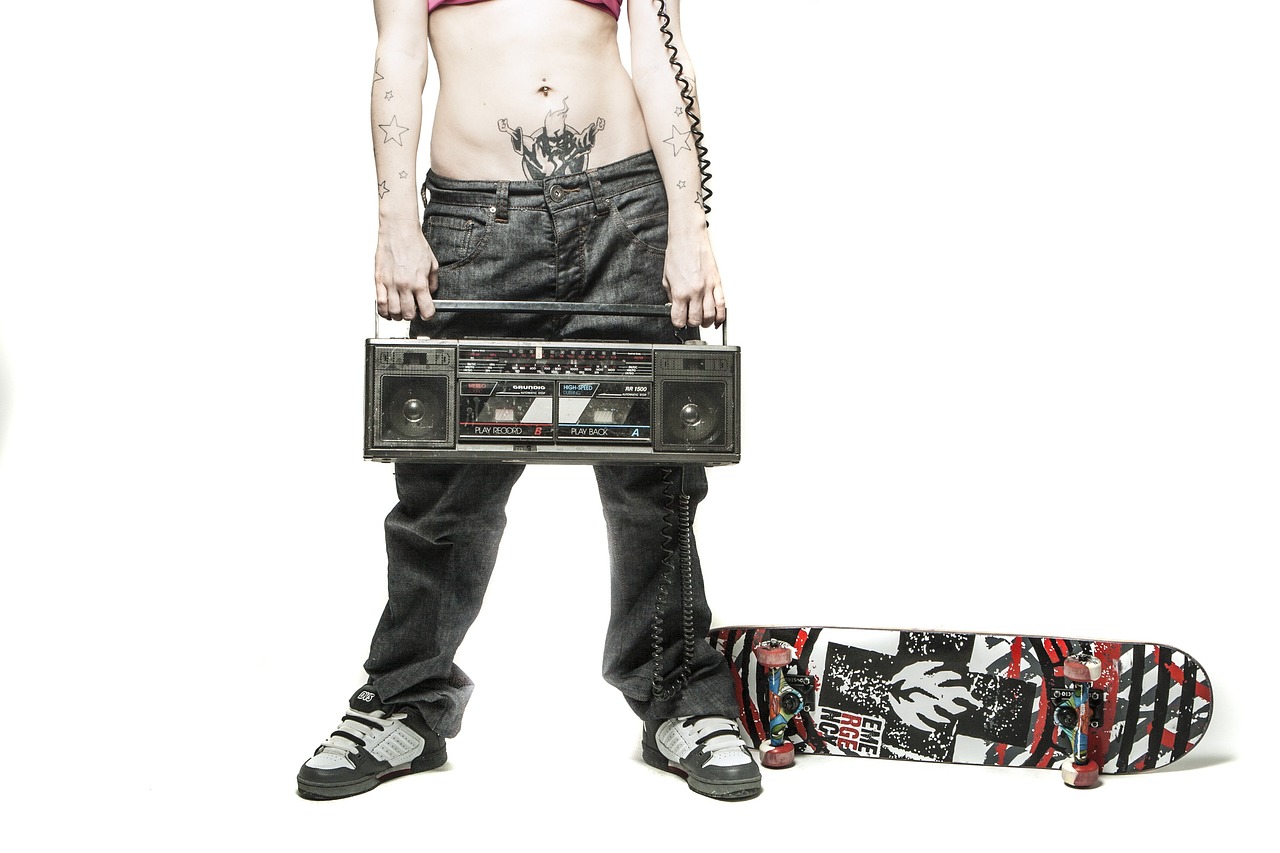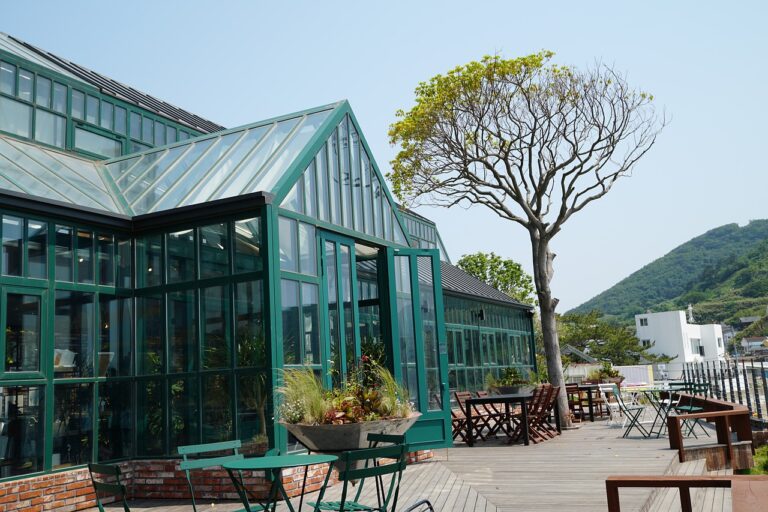Sustainable Fashion Slow Fashion Brands: Prioritizing Quality and Craftsmanship
Slow fashion brands offer a myriad of benefits for both consumers and the environment. One of the primary advantages is the focus on quality over quantity. By producing durable and timeless pieces, slow fashion brands contribute to reducing the culture of disposability that is rampant in the fast fashion industry. This ultimately leads to less waste being generated and less strain being placed on the planet’s resources.
Furthermore, slow fashion brands typically prioritize ethical and sustainable practices throughout their production processes. From using eco-friendly materials to ensuring fair wages and safe working conditions for their workers, these brands uphold higher standards of social responsibility. By supporting slow fashion brands, consumers can align their values with their purchasing decisions and contribute to a more ethical and environmentally conscious fashion industry.
Understanding the Impact of Fast Fashion
Fast fashion refers to the rapid production of inexpensive clothing that is inspired by the latest trends seen on fashion runways. The primary goal of fast fashion brands is to deliver trendy clothes to consumers quickly at affordable prices, encouraging frequent purchases to keep up with ever-changing styles and seasons. This approach has led to a culture of disposable fashion, where garments are often worn only a few times before being discarded, contributing to massive amounts of textile waste.
Furthermore, the fast fashion industry is notorious for its exploitation of labor in developing countries, where workers, mostly women, are subjected to long hours, low wages, and poor working conditions. The relentless demand for cheap and fast production also leads to environmental degradation, as the use of synthetic materials and toxic chemicals in manufacturing processes pollutes water sources and releases harmful emissions into the atmosphere. The environmental and social impacts of fast fashion call for a shift towards more sustainable and ethical practices in the fashion industry.
The Importance of Ethical Production Practices
Ethical production practices play a crucial role in the fashion industry, ensuring that workers are treated fairly and work in safe environments. By prioritizing ethics in production, brands can contribute to the well-being of workers and communities involved in the manufacturing process. This commitment to ethical practices not only upholds human rights but also promotes a healthier and more sustainable industry overall.
Transparency in the production process is key to upholding ethical standards within the fashion industry. Consumers are becoming increasingly conscious of how their products are made and are demanding more accountability from brands. By implementing ethical production practices, fashion companies can build trust with their customers and showcase their dedication to social responsibility and integrity.
How Slow Fashion Brands Prioritize Sustainability
Slow fashion brands place a strong emphasis on sustainability by focusing on creating garments that are made to last. They prioritize quality over quantity, ensuring that their pieces are designed with durability in mind. By utilizing high-quality materials and craftsmanship, slow fashion brands aim to reduce the environmental impact of the fashion industry while also providing consumers with long-lasting, timeless pieces.
In addition to creating durable clothing, slow fashion brands also prioritize sustainable production practices. They often work with local artisans and manufacturers to support their communities and reduce carbon emissions associated with transportation. By prioritizing ethical and environmentally-friendly production methods, these brands are able to create clothing that not only looks good but also feels good to wear, knowing that it was made with care for both people and the planet.
Promoting Social Responsibility in the Fashion Industry
Social responsibility is a crucial aspect that the fashion industry is increasingly focusing on. Brands are realizing the importance of ensuring fair wages and safe working conditions for garment workers. By promoting ethical practices throughout the supply chain, fashion companies can contribute positively to the livelihoods of those involved in the production process.
Moreover, social responsibility extends beyond the workplace to the community and environment. Fashion brands are now taking steps to support local communities by sourcing materials sustainably and engaging in philanthropic initiatives. By incorporating social responsibility into their core values, these brands are not only creating a positive impact but also setting an example for the industry as a whole.
Highlighting the Value of Quality Materials
Quality materials play a crucial role in the creation of sustainable and long-lasting fashion pieces. When brands prioritize using high-quality materials, it not only ensures durability but also reduces the need for frequent replacements. Fabrics such as organic cotton, linen, and Tencel are not only environmentally friendly but also offer superior comfort and longevity.
Investing in garments made from quality materials can lead to a significant decrease in the amount of clothing waste generated. By focusing on durability and timeless designs, consumers can build a versatile wardrobe that transcends seasonal trends. Quality materials not only elevate the overall aesthetic of a garment but also contribute to a more sustainable approach to fashion consumption.
The Role of Craftsmanship in Sustainable Fashion
Craftsmanship plays a pivotal role in the realm of sustainable fashion. The meticulous skills and attention to detail employed by artisans not only result in high-quality garments but also contribute to the longevity of the pieces. Each stitch, seam, and finish is thoughtfully executed, ensuring that the clothing is durable and can stand the test of time.
Furthermore, craftsmanship adds a unique touch to sustainable fashion pieces, making them distinctive and special. The artistry and expertise involved in the creation process set slow fashion brands apart, emphasizing the importance of valuing quality over quantity. By supporting craftsmanship, consumers are not only investing in timeless pieces but also in the preservation of traditional techniques and the livelihoods of skilled artisans.
Supporting Local Communities through Slow Fashion Brands
Supporting local communities through slow fashion brands is a foundational element of the sustainable fashion movement. By fostering partnerships with local artisans and businesses, these brands contribute to the economic growth and cultural preservation of communities. Through ethical production practices and fair wages, slow fashion brands prioritize the well-being of local workers, empowering them to create high-quality, artisanal products.
Furthermore, by sourcing materials locally and promoting traditional craftsmanship, slow fashion brands help preserve traditional skills and knowledge within communities. This not only adds value to the products but also strengthens the local economy by creating sustainable employment opportunities. Ultimately, supporting local communities through slow fashion brands is a holistic approach that benefits both the environment and society.
Choosing Long-lasting Pieces Over Trendy Fashion
Investing in long-lasting pieces over trendy fashion can have a significant impact on both your wardrobe and the environment. Instead of constantly replacing garments that quickly go out of style, opting for timeless and well-made pieces ensures longevity in your wardrobe. Quality pieces not only withstand the test of time in terms of style but also in terms of durability, reducing the need for frequent replacements.
When you prioritize long-lasting items, you are making a conscious choice to support slow fashion practices and reduce the overall demand for fast fashion production. By investing in quality garments that are made to last, you are contributing to a more sustainable fashion industry. Choosing classic designs over fleeting trends allows you to curate a wardrobe that transcends seasons, ultimately leading to a more sustainable and ethical approach to fashion consumption.
Tips for Building a Sustainable Wardrobe with Slow Fashion Brands
When looking to build a sustainable wardrobe with slow fashion brands, it’s important to prioritize quality over quantity. Instead of purchasing trendy pieces that will go out of style quickly, opt for timeless and versatile clothing that can be worn for years to come. By investing in well-made items, you can reduce the need for constant re-stocking and contribute to a more sustainable fashion industry.
Another tip for building a sustainable wardrobe is to support local and ethical brands. Look for companies that prioritize fair labor practices, use eco-friendly materials, and produce their goods locally. By choosing to purchase from these brands, you can ensure that your clothing purchases have a positive impact on both the environment and the people involved in the production process.
What are slow fashion brands and why are they important?
Slow fashion brands are companies that prioritize sustainability, ethical production practices, and high-quality materials. They are important because they help reduce the environmental impact of the fashion industry and promote social responsibility.
How does fast fashion negatively impact the environment?
Fast fashion contributes to pollution, water waste, and greenhouse gas emissions due to its high production volume and use of cheap, low-quality materials. It also promotes overconsumption and a throwaway culture.
What are some examples of ethical production practices in the fashion industry?
Ethical production practices include fair wages and working conditions for garment workers, transparency in the supply chain, and adherence to environmental regulations. Slow fashion brands typically prioritize these practices.
How can I tell if a fashion brand is sustainable?
Look for information on a brand’s website about their production processes, materials used, and commitment to sustainability. Certifications like Fair Trade or GOTS can also indicate a brand’s commitment to ethical and sustainable practices.
Why is it important to choose quality materials when building a sustainable wardrobe?
Quality materials are more durable and long-lasting, reducing the need for frequent replacements. They also often have a lower environmental impact in terms of production and disposal compared to cheap, synthetic materials.
What are some tips for supporting local communities through slow fashion brands?
Look for brands that source materials locally, partner with artisans or cooperatives in developing countries, or contribute a portion of their profits to community development projects. By supporting these brands, you can help empower local economies and artisans.







